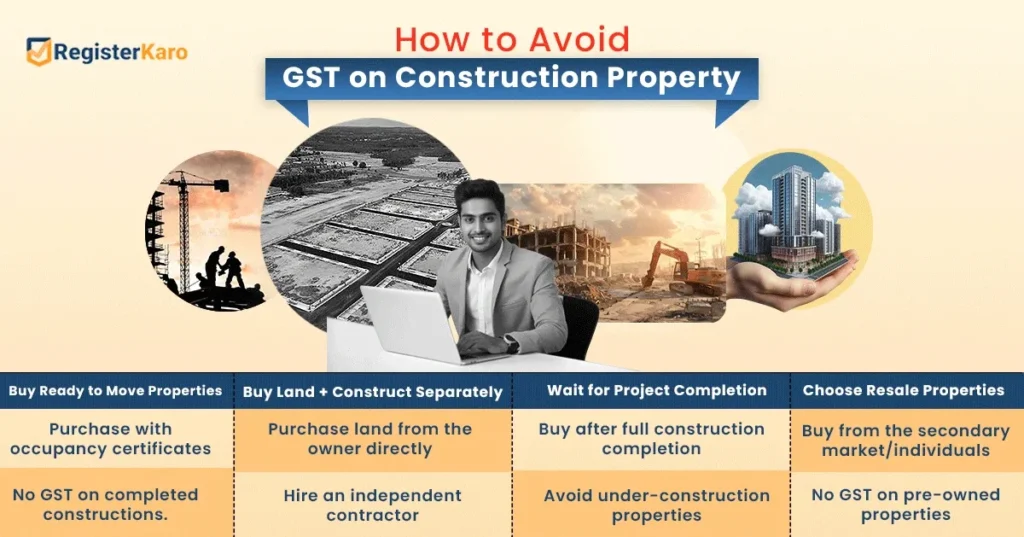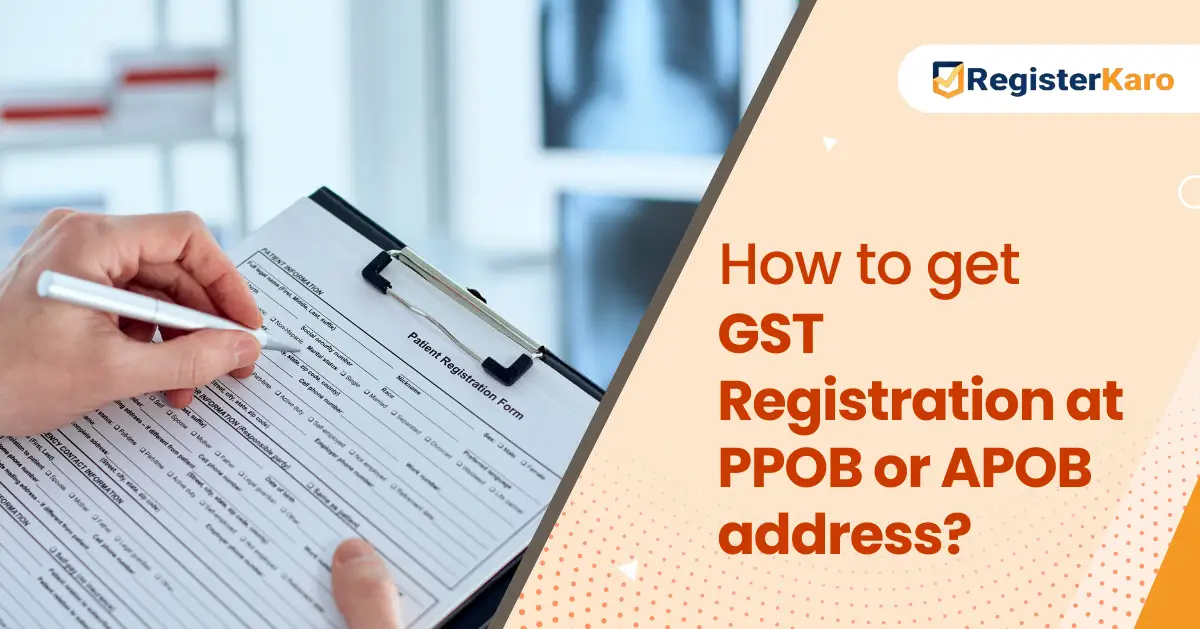
The GST Framework for the Construction Industry
Did you know that the construction sector contributes approximately 8-9% to India’s overall GDP? Since its implementation, GST on construction has significantly transformed how builders and contractors operate throughout India.
GST on construction services varies based on project type and value. Additionally, the government has established different rates for residential and commercial projects.
GST rate on construction services ranges from 1% to 18%, depending on various factors. Importantly, affordable housing projects enjoy concessional rates to promote accessibility. Therefore, builders must carefully classify their projects to determine applicable rates.
GST Rates on Different Construction Activities
Builders and developers need to know these GST rates to plan their taxes and project costs better.
1. Residential Construction Projects
Builders can choose from different GST rates based on their project type and cost structure.
- Regular Housing Projects: Pay either 5% GST (no input credit) or 12% GST (get full input credit back)
- Low-Cost Housing: Pay only 1% GST for homes up to 60 square meters carpet area
- Government Housing Schemes: Get special lower GST rates under the PMAY projects
- How to Choose: Pick a 5% or 12% rate based on how much you spend on materials and services.
2. Commercial Construction Projects
All commercial building work uses the same GST rate with full tax benefits.
- Fixed Rate: Pay 18% GST and claim back all input taxes you paid
- What It Covers: Office buildings, shopping centers, and all business properties
- Planning Tip: Calculate your total tax cost early in the project
- Tax Benefits: You can claim back GST paid on materials, labor, and other expenses.
What is GST on Construction Property?
Buyers must pay GST when they purchase under-construction flats that lack completion certificates from local authorities. This tax framework directly impacts both property buyers and real estate developers.
How GST Functions in Property Development:
Developers collect GST from buyers as part of the total property cost during the purchase process. The developers then remit this collected GST amount directly to government accounts. This mechanism ensures tax collection occurs throughout the construction timeline instead of delaying until project completion.
How to calculate GST on under construction property?
- Property value: Rs 50,00,000
- Applicable GST rate: 5%
- GST amount: Rs 2,50,000
- Total payment: Rs 52,50,000
However, GST on construction property excludes land value from the tax calculation base.
What is GST on Construction Materials?
Builders can claim input tax credits on GST paid for construction materials when they meet specific conditions. They must maintain proper documentation and follow GST compliance requirements to successfully claim these credits.
GST rate on construction work with material:
- Cement – 28%
- Steel bars – 18%
- Paint – 28%
- Electrical fittings – 18%
- Plumbing materials – 18%
How to Avoid GST on Construction Property?
Follow these strategies to legally avoid GST:

1. Buy Ready-to-Move Properties
- Purchase properties with occupancy certificates
- No GST on completed constructions
2. Buy Land + Construct Separately
- Purchase land directly from the owner
- Hire an independent contractor for construction
3. Wait for Project Completion
- Buy after construction is fully completed
- Avoid GST on under-construction properties
4. Choose Resale Properties
- Buy from the secondary market/individual sellers
- No GST on pre-owned properties.
How to Claim Input Tax Credit Benefits?
Builders must maintain detailed records of all eligible purchases to claim input tax credits smoothly.
Important Restrictions to optimize benefits:
- Blocked Credits: Builders cannot claim credit on rent payments and food services because the GST law blocks these credits completely.
- Service Limitations: Several service categories have specific credit limitations that restrict how much builders can claim back from their tax payments.
- Utilization Sequence: Builders must follow the exact utilization sequence that GST law prescribes when using their accumulated input tax credits.
- Credit Usage Order: Builders need to use credits in a specific order – first against output tax liability, then against interest, penalties, and fees in the prescribed manner.
- Regular Review: Builders should regularly review their credit eligibility and maintain proper documentation for all transactions.
- Monthly Tracking: Builders should track credit balances monthly and plan their utilization strategy effectively.
Essential Compliance Requirements
Registered builders need to issue GST-compliant invoices to all property buyers and keep detailed records.
Key Obligations:
- Monthly GST return filing
- Proper invoice documentation
- TDS compliance for government contracts above thresholds
- Maintain GST audit-ready records.
Impact of GST on Property Pricing
Builders adjust their pricing strategies to account for GST while maintaining profit margins in competitive markets. They must communicate GST implications clearly during marketing and sales activities.
Pricing Considerations:
- Factor GST into total project costs
- Maintain transparent pricing policies
- Communicate tax components to buyers
- Balance profitability with market competition.
Common Challenges and Practical Solutions
Builders face difficulties determining the correct GST rates for mixed-use projects and optimizing input credit claims. They need professional guidance for complex GST provisions.
Recommended Solutions:
- Consult GST professionals regularly
- Implement robust accounting systems
- Monitor GST law changes continuously
- Plan input credit optimization strategically
- Maintain detailed document records.
Ready to Simplify Your GST Compliance? We’ve got you covered!
Contact RegisterKaro now for a free GST consultation and transform your tax management process!
Frequently Asked Questions
The GST rate on construction services for residential projects is 5% without input tax credit or 12% with input tax credit benefits.




